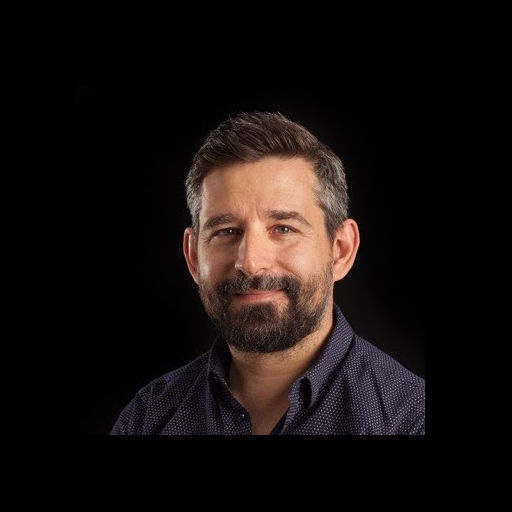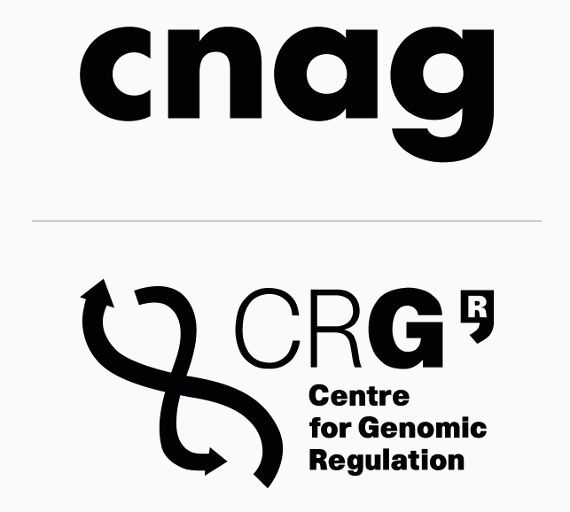Centro Nacional de Análisis Genómico
Baldiri Reixac, 4. Barcelona Science Park – Tower I
08028 Barcelona, Spain
TEAM
David Castillo Andreo: Software Engineer in the CNAG Structural Genomics Team. Physicist and engineer, he holds a master’s degree in Photonics from UPC. He collaborates on TADkit, an interactive browser for 3D chromatin models and TADbit, a Python library to analyze, model and explore 3C-based data.
Mike Goodstadt: Software Engineer at the CNAG Structural Genomics Team. Architect and visualization designer developing the TADkit 3D browser.
Francois Serra: Postdoc at t the CNAG Structural Genomics Team. PhD in evolutionary biology. Involved in the development of TADbit. Mainly interested in studying the evolutionary forces behind chromatin folding.
DESCRIPTION
The «Centro Nacional de Analisis Genómico» (CNAG) was created in September 2009 with the mission to carry out large-scale projects in DNA sequence analysis in collaboration with the European and International Research Community. Since the 1st July 2015 the CNAG is integrated with the Center for Genomic Regulation (CRG).
The CNAG-CRG infrastructure has one of the largest DNA sequencing capacities in Europe. We have currently thirteen 2nd generation DNA sequencers (10 Illumina HiSeq2000 and 2 Illumina HS2500, and 1 MiSeq) that produce more than 800 Gbases of sequencing data per day. The sequencing operation is supported by an extensive informatics infrastructure: 2.7 petabyte of data storage and over 1250 cores of computing.
The CNAG-CRG is organized in 5 groups that bring together experts in the latest molecular biology technologies, informatics and computation, biological data interpretation and systems biology: Sequencing Platform, Bioinformatic Analysis, Applied Genomics, Bioinformatic Development and Genome Biology. The different groups participate in large national and international collaborative research projects in genome research and particularly disease-related genetic studies, such as the EU-funded projects BBMRI-LPC, BLUEPRINT (EU Project for the International Human Epigenome Consortium), RD-CONNECT, IBD-CHARACTER, B-CAST and AirPROM, and bioinformatics oriented projects such as MuG, 4DGenome and EXCELERATE



